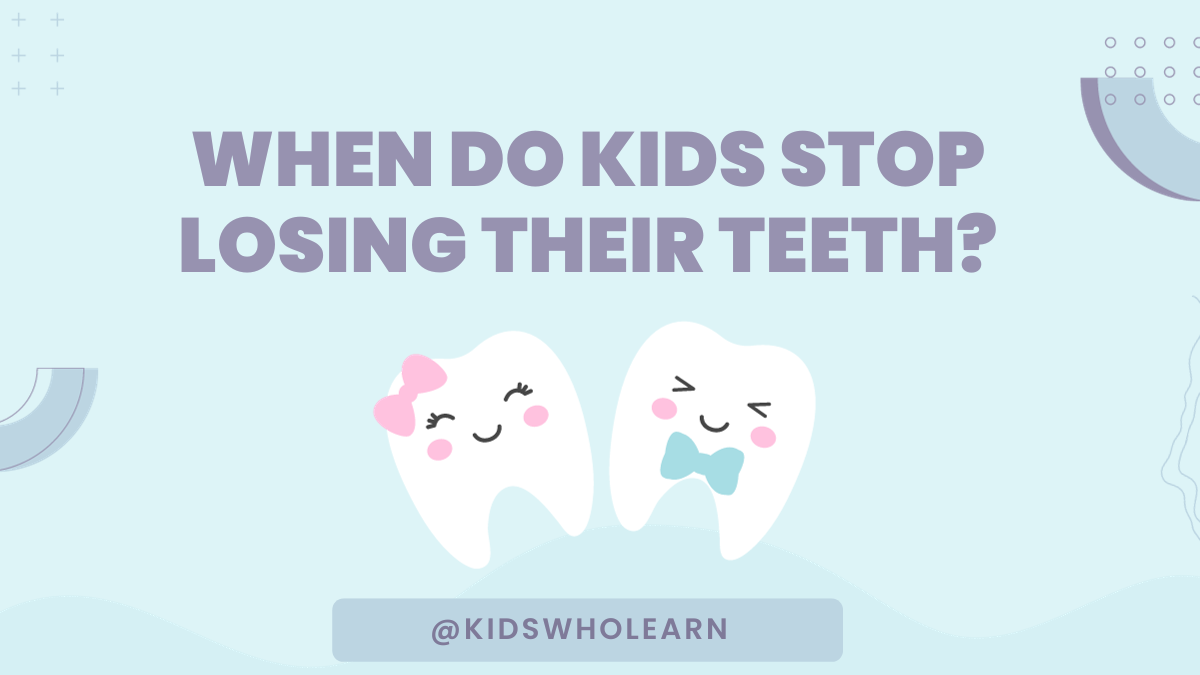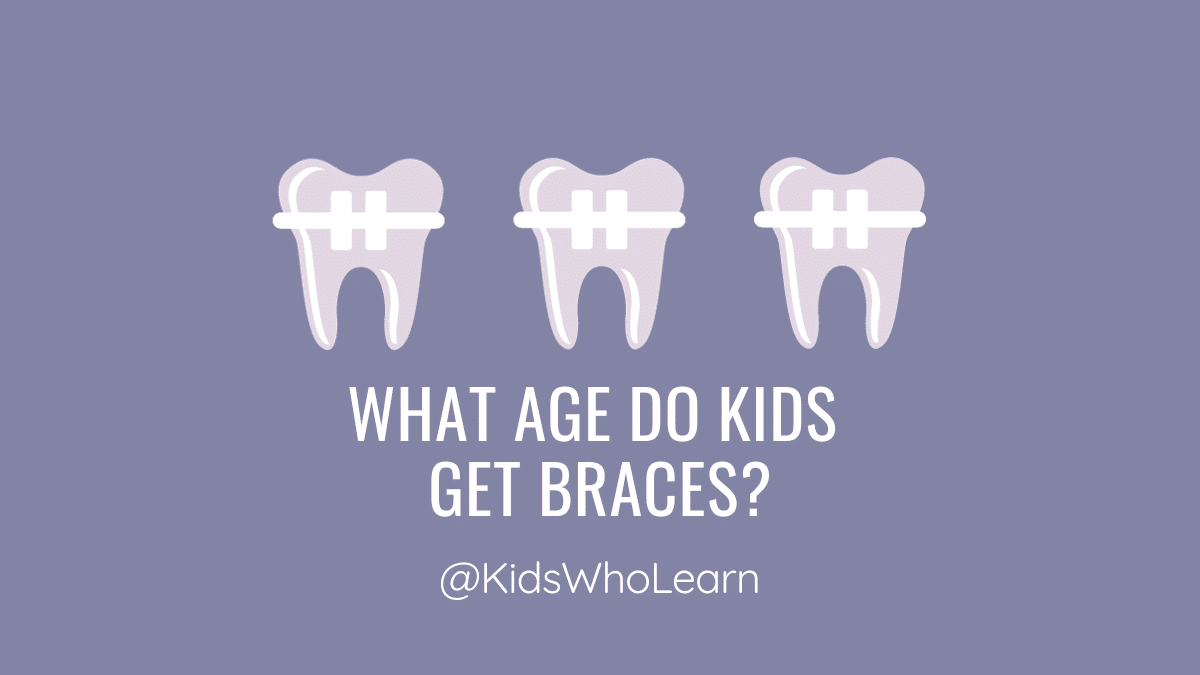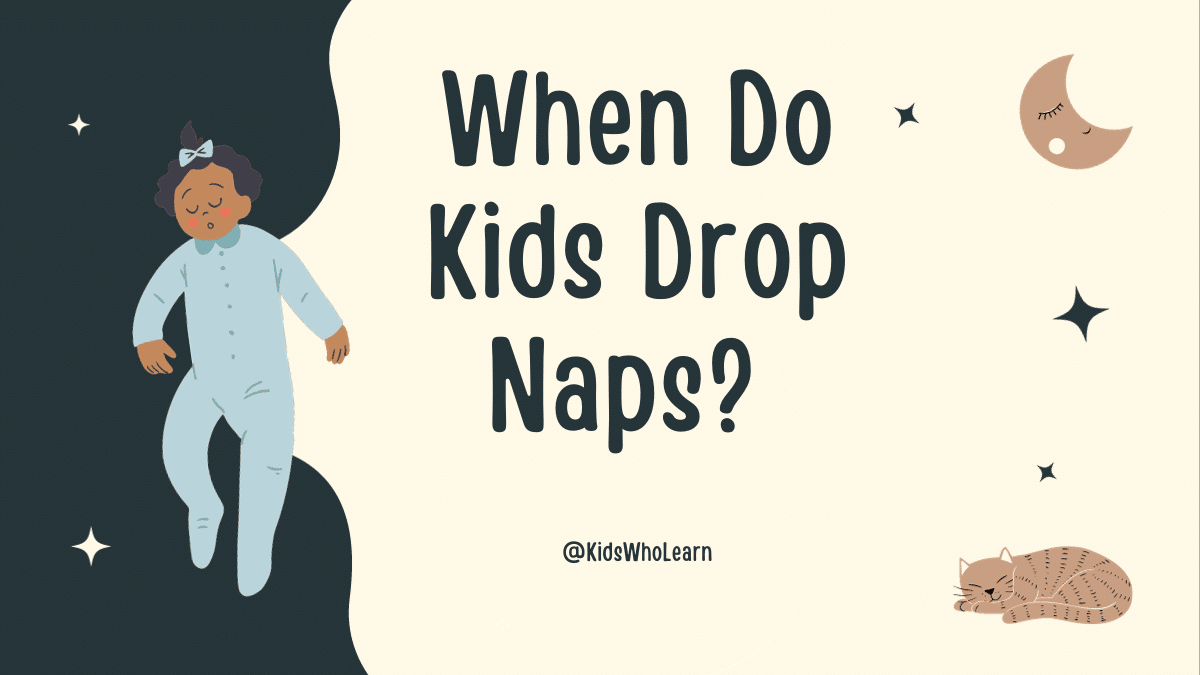Losing baby teeth is a rite of passage for most children, but when exactly does it happen? As a parent, you may be wondering when your child will lose their first tooth and how long the process will take. Understanding tooth development and the factors that affect tooth loss can help you prepare for this exciting milestone.
The process of losing teeth typically begins around the age of six or seven, when the roots of baby teeth start to dissolve and the permanent teeth underneath begin to emerge. However, the timing can vary widely from child to child. Some children may start losing teeth as early as four years old, while others may not begin until they are eight or nine. Additionally, the order in which teeth are lost can also differ from child to child.
Key Takeaways
- Losing baby teeth is a natural part of tooth development that typically begins around the age of six or seven.
- The timing of tooth loss can vary widely from child to child, with some children starting as early as four years old and others not beginning until they are eight or nine.
- Understanding the process of tooth loss and the factors that can affect it can help parents prepare for this exciting milestone in their child’s development.
Understanding Tooth Development
Tooth development is a complex process that begins before birth and continues throughout childhood. Understanding the timeline of tooth development can help you better care for your child’s teeth and anticipate when they might lose their baby teeth.
Baby Teeth Timeline
Baby teeth, also known as primary teeth, typically begin to erupt around six months of age. The order in which they erupt can vary, but the average timeline is as follows:
- Bottom front teeth (central incisors): 6-10 months
- Top front teeth (central incisors): 8-12 months
- Top lateral incisors (beside the front teeth): 9-13 months
- Bottom lateral incisors: 10-16 months
- First molars (back teeth): 13-19 months
- Canines (pointed teeth beside the lateral incisors): 16-23 months
- Second molars: 23-33 months
By the age of three, most children will have all 20 of their baby teeth.
Permanent Teeth Timeline
Around the age of six, children will begin to lose their baby teeth and their permanent teeth will start to come in. The order of eruption for permanent teeth is as follows:
- First molars: 6-7 years
- Central incisors: 7-8 years
- Lateral incisors: 8-9 years
- Canines: 9-10 years
- First premolars (beside the canines): 10-11 years
- Second premolars: 10-12 years
- Second molars: 11-13 years
- Third molars (wisdom teeth): 17-25 years (or may not develop at all)
By the age of 12-13, most children will have all of their permanent teeth, except for their wisdom teeth. It’s important to note that the timeline for tooth development can vary from child to child, so don’t be alarmed if your child’s teeth come in at a slightly different time than what’s listed above.
Overall, understanding the timeline of tooth development can help you better care for your child’s teeth and anticipate when they might lose their baby teeth. Regular dental check-ups and good oral hygiene habits can help ensure that your child’s teeth stay healthy and strong.
When Do Kids Start Losing Teeth
As a parent, you may wonder when your child will start losing their baby teeth. Generally, children start losing their teeth around the age of 6 or 7. However, this can vary from child to child.
The first teeth to fall out are usually the front teeth, followed by the molars. The process of losing teeth can take a few years, with the last baby tooth typically falling out by the age of 12 or 13.
It’s important to note that the order in which teeth fall out can vary. Some children may lose their teeth in a different order than others. Additionally, some children may start losing their teeth earlier or later than the average age.
If you’re unsure about when your child will start losing their teeth, you can consult with their dentist. They can give you a better idea of when to expect your child’s teeth to start falling out.
In the meantime, you can help your child prepare for losing their teeth by encouraging good oral hygiene habits. This includes brushing their teeth twice a day, flossing regularly, and avoiding sugary foods and drinks. By taking care of their teeth, your child can ensure that their permanent teeth grow in healthy and strong.
Factors Affecting Tooth Loss
Losing baby teeth is a natural part of growing up, but the timing of tooth loss can vary greatly from child to child. While most children start losing teeth around age six, some may start earlier or later. Here are some factors that can affect when your child will lose their baby teeth.
Genetics
Genetics can play a role in when your child will lose their teeth. If you or your spouse lost teeth early or late, there’s a chance your child may follow suit. Additionally, some children are born with fewer teeth than others, which can affect the timing of tooth loss.
Health and Nutrition
Your child’s overall health and nutrition can also impact when they will lose their baby teeth. Children who have poor nutrition or health issues may lose their teeth later than their peers. Additionally, children who have had dental trauma or injury may experience delayed tooth loss.
Ensuring that your child eats a healthy diet and gets regular dental checkups can help promote healthy tooth development and timely tooth loss. Additionally, if you have concerns about your child’s tooth loss, it’s important to speak with your dentist or pediatrician. They can help determine if there are any underlying health or genetic factors that may be contributing to delayed tooth loss.
Process of Tooth Loss
Symptoms
As your child’s teeth begin to loosen, they may experience some symptoms. These symptoms can include pain, swelling, bleeding, and discomfort. Your child may also experience difficulty eating or speaking, as well as increased sensitivity to hot or cold foods and drinks.
What to Expect
The process of tooth loss typically begins around the age of 6, when the first permanent molars start to come in. This is followed by the loss of baby teeth, which can happen at any time between the ages of 6 and 12. The order in which baby teeth are lost can vary, but it usually follows a pattern.
The front teeth are usually the first to go, followed by the molars and canines. As each tooth becomes loose, your child can gently wiggle it back and forth until it falls out on its own. It’s important to avoid pulling the tooth out, as this can cause unnecessary pain and bleeding.
Once the tooth has fallen out, a new permanent tooth will begin to emerge from the gum. This process can take several weeks or even months, and your child may experience some discomfort or sensitivity during this time. It’s important to encourage good oral hygiene habits during this period to promote healthy tooth development.
In summary, the process of tooth loss is a natural part of your child’s development. By understanding the symptoms and what to expect, you can help your child through this process with minimal discomfort and promote healthy oral hygiene habits for a lifetime of healthy teeth and gums.
How to Handle Tooth Loss
Losing teeth is a natural part of childhood, but it can be a stressful and sometimes painful experience for kids. As a parent, you can help your child navigate this process by providing comfort and guidance. Here are some tips on how to handle tooth loss:
At Home Care
After a tooth falls out, it’s important to keep the area clean to prevent infection. Encourage your child to rinse their mouth with warm salt water several times a day. You can also use a clean, damp cloth to gently wipe the area around the missing tooth.
To help alleviate any discomfort, you can give your child over-the-counter pain relievers like ibuprofen or acetaminophen. If the pain is severe or lasts for more than a few days, you should contact your child’s dentist.
Dental Visits
Regular dental check-ups are important for maintaining good oral health, and they become even more important when your child is losing teeth. Your child’s dentist can monitor the progress of their tooth loss and ensure that their new teeth are growing in properly.
If your child is experiencing pain or discomfort due to tooth loss, their dentist can provide additional treatment options. For example, they may recommend a dental filling or crown to protect the area until the new tooth grows in.
In addition to providing medical care, your child’s dentist can also offer emotional support and reassurance. They can explain the tooth loss process to your child and answer any questions they may have.
By following these tips, you can help your child handle tooth loss with confidence and ease. Remember to be patient and understanding, and don’t hesitate to reach out to your child’s dentist if you have any concerns.
Conclusion
In summary, losing baby teeth is a natural and common part of childhood. Most children start losing their baby teeth around the age of six, and by the age of 12, most children have lost all of their baby teeth and have a full set of adult teeth. However, every child is different, and some may lose their baby teeth earlier or later than others.
It’s important to remember that losing baby teeth is a gradual process and can take several years to complete. During this time, it’s essential to encourage good oral hygiene habits, such as regular brushing and flossing, to maintain healthy teeth and gums.
If you have any concerns about your child’s teeth or the timing of their tooth loss, it’s always best to speak with your child’s dentist. They can provide you with specific information about your child’s dental health and offer advice on how to care for their teeth.
Overall, losing baby teeth is a natural and exciting part of growing up. With proper care and attention, your child can enjoy healthy teeth and a beautiful smile for years to come.
Frequently Asked Questions
What is the average age for a child to lose all of their baby teeth?
The average age for a child to lose all of their baby teeth is between 10 and 12 years old. However, this can vary from child to child.
What are the symptoms of a 5-year-old losing teeth?
The symptoms of a 5-year-old losing teeth can vary, but some common signs include loose teeth, bleeding gums, and discomfort while eating or brushing.
What should I give my child when they lose their first tooth?
When your child loses their first tooth, it’s a special occasion! You can give them a small gift, such as a tooth fairy pillow or a special treat. It’s also important to encourage good dental hygiene habits, such as brushing and flossing regularly.
Should I be concerned if my 10-year-old is still losing teeth?
It’s not uncommon for children to continue losing teeth until age 12 or 13. However, if you have concerns about your child’s dental health, it’s always a good idea to speak with a dentist.
Do children still lose teeth at age 13?
Yes, it’s possible for children to still be losing teeth at age 13. The last teeth to fall out are typically the second molars, which can come in around age 12 and fall out around age 13.
Which teeth are typically the last to fall out in children?
The second molars are typically the last teeth to fall out in children. These teeth are located at the back of the mouth and are important for chewing and grinding food.







